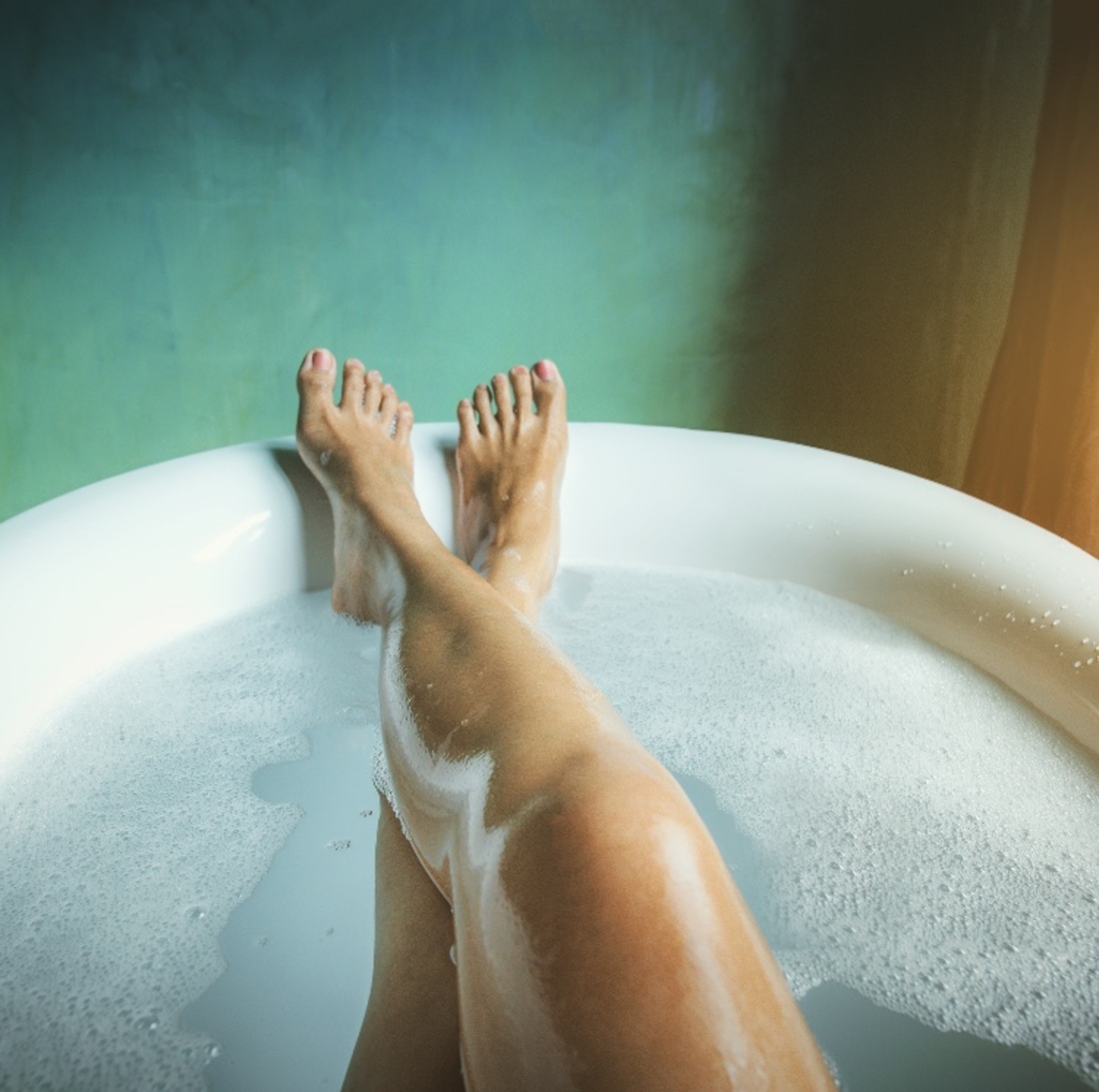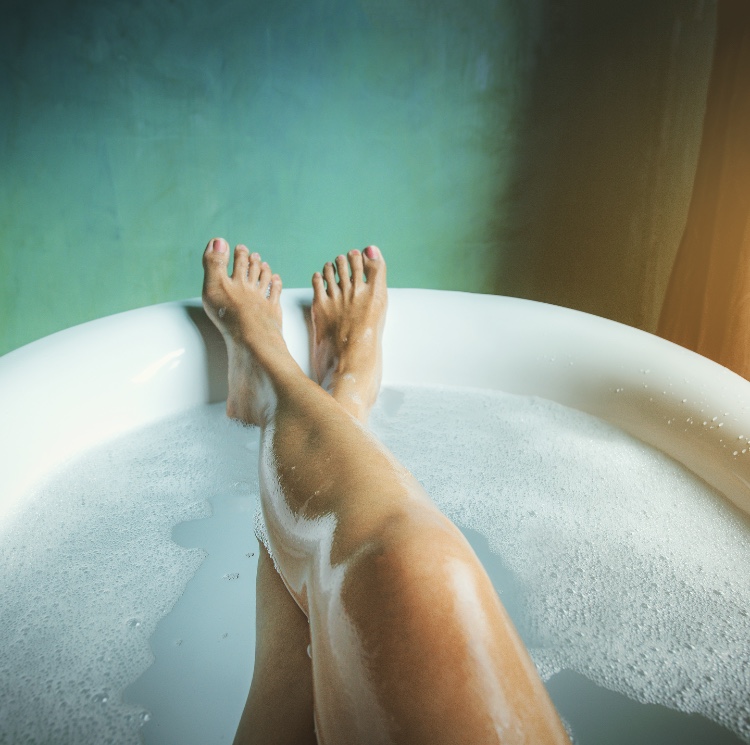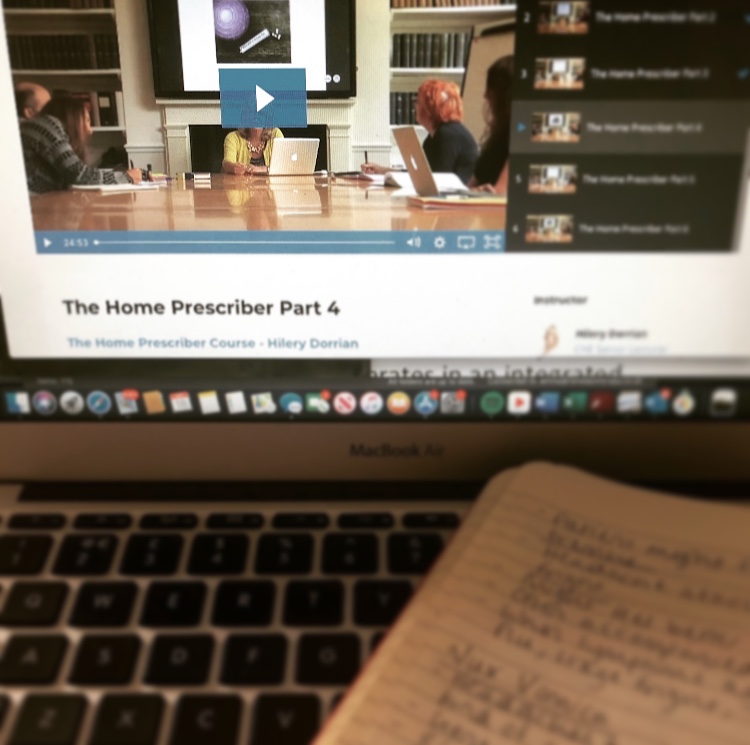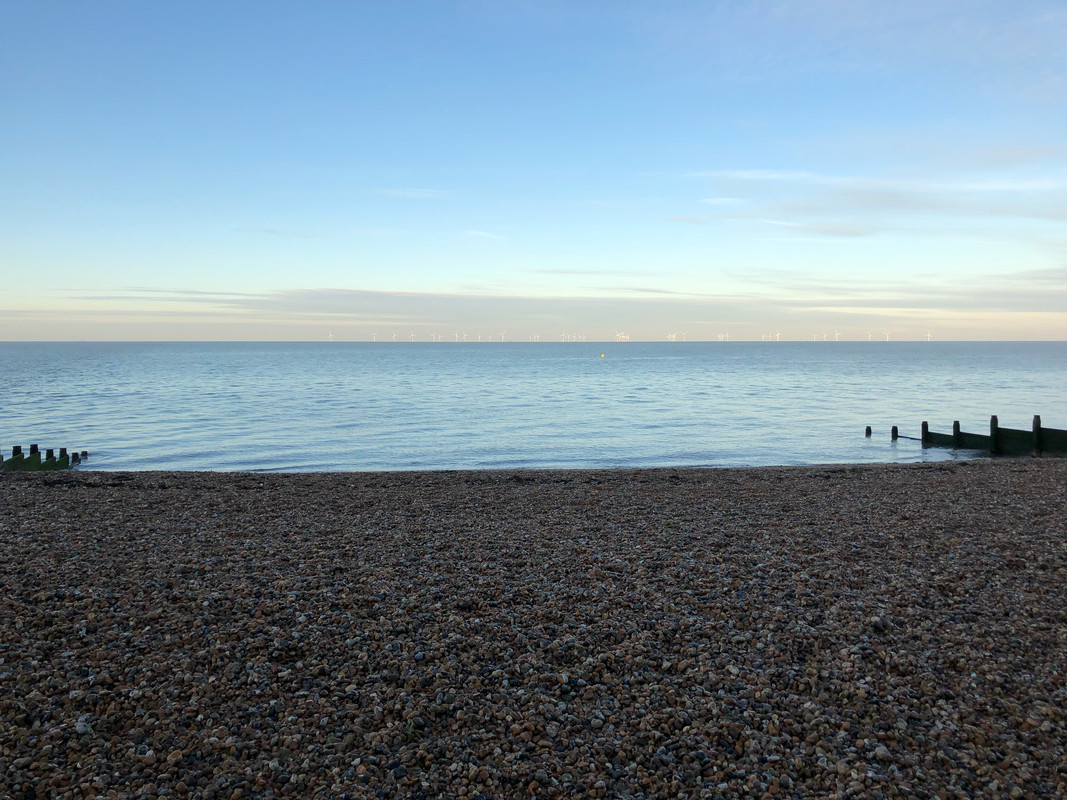
With a lot of us having to work from home at the moment throughout ‘this crazy time’ (a phrase that you can’t currently send an email without), I felt it would be beneficial to share some small ways we can properly ‘leave the office’ after a hard day’s work. These tips can also be used by the heroes still going out to work every day, of course!
1. Have a 'Mini-Digi-Detox'
Particularly for those of us who work in front of a screen all day, it is so important to give our eyes a break from the blue light of our electronic devices.
Not only have studies shown that too much exposure to blue light can damage our eyes, but it can also boost our levels of energy, attention, memory and reaction times. Although that sounds like a good thing, when we are trying to unwind and de-stress after a day’s work, it is pretty much the last thing our minds & bodies need.
Switching off our phones, laptops, tablets & other devices for an hour or so after we finish work goes a long way when attempting to wind down. This is due to the physical implications of blue light on our bodies as discussed above, but also to return our sole focus to ourselves rather than anyone else. Remember, self-care isn’t selfish.
I realise that if you have kids, they will make darn sure your sole focus is in fact on them, but without technology distracting you, this allows you to be fully present and really appreciate the time you’re spending with your loved ones after work, which will in turn help you to relax.
When our eyes are not exposed to blue light, our brain will automatically go into rest mode and begin releasing melatonin, which is a good reason why we also shouldn’t look at our phone for at least an hour before we go to sleep at night… Two whole hours without going on social media, she says?! I know, much easier said than done, but certainly worth a try for the sake of our well-being, right?
2. Wash away the day
By this, I simply mean taking a shower or having a bath.
Cleaning the physical body to cleanse the mind is something I swear by and the calming benefits of water are very difficult to deny. There is something about being immersed in, surrounded by, or admiring water that encourages a sense of calm within the body & mind.
In Chinese Medicine, water represents restoring balance within the body, in fact, an ancient discovery of how different water temperatures can affect us physically & mentally can be very helpful to us in the modern day; a hot bath (above 38°c) encourages the activity within the internal organs to slow down, relieves tension from the muscles and reduces stress & anxiety levels, therefore perfect if you want to sleep shortly after washing. However, if you are feeling sluggish, a warm shower or bath (36-38°c) followed by a short burst of cold water can help to stimulate the internal organs and the mind, an ideal option if you'd prefer to have a wash straight after work before you start your evening.
Whilst showering tends to be quicker and more efficient, in my experience, bathing is the real key to fully winding down. The body feels lighter in the water, our muscles elongate into a relaxed state, any emotional tension can be released and with a few scented candles and some Epsom bath salts to boot, we’ll be mentally floating on a cloud for the remainder of the day.

3. Eat like a Mediterranean
When we eat large meals and our digestive system gets to work, this puts quite a strain on our bodies, to the point where its sole focus is to digest the food we have eaten. It cannot concentrate on anything else, for example healing any ailments or illnesses we may or may not know we have, plus this process can take hours if the meal you’ve eaten is particularly large or stodgy.
In Mediterranean countries such as Greece and Spain, people typically consume their largest meal at lunch time and for dinner enjoy a lighter option, such as cheese and olives.
If you decide to adopt this way of eating, not only should this take stress off of you internally and therefore help your body into a more relaxed state in the evenings, but just think how much time you can save after work if you didn’t have to cook a big meal!
I hear what you’re saying – your lunch break would definitely not allow you anywhere near enough time to cook a large meal AND eat it as well…
This is where batch cooking comes in. Preferably choose one day a week when you can afford to spend a couple of hours making a few meal choices for the week ahead (I have tended to make Sunday my batch cooking day in the past, as it is generally slower-paced and cooking allows you time to reflect on the week just gone and also think about goals for the week ahead, whilst also thinking about all the delicious food the following week has in store for you, of course!).
4. Enjoy a ‘Happiness Hour’
This doesn’t necessarily have to take an hour, it can take as much time as your circumstances will allow.
This time should be spent doing something you enjoy, whether that be reading a gripping book, playing an instrument, learning a language or new skill, or something more active such as going for a run, doing a home workout or tuning into your online Yoga or Pilates class. You may also love to cook and would prefer to use this time to make your lunch for the following day. Whatever it is, Happiness Hour is YOUR time to do what YOU love doing.
I highly recommend combining this option with the Mini-Digi-Detox so that you can focus fully on your chosen activity.
The purpose of doing this is to encourage the release of ‘feel-good’ hormones, including dopamine, serotonin and endorphins, all of which promote happiness and positivity, feelings which we may lack after a hard day’s work.
Where possible, try to undertake your chosen activity outdoors, as sunlight is an amazing endorphin and serotonin booster!

I have been studying a beginners Homeopathy course every day as part of my Happiness Hour
5. Meditate to feel great
Many of my clients already know that I am a huge advocate of meditation. To name just a few of the amazing benefits of the practice, it is fantastic for reducing levels of stress & anxiety, improving sleep quality, lowering blood pressure and increasing attention span.
If you tend to experience high stress throughout the working day and struggle with lingering emotional tension during the evening, meditation could be your answer. When you are stressed, either physically or mentally, this leads to increased levels of a hormone called Cortisol, which in turn encourages the release of harmful chemicals called Cytokines. These chemicals cause inflammation, therefore having physical implications on the body. Studies have shown that not only does meditation reduce the inflammation response of stress, but also helps to lower stress levels in general.
Meditation can also be useful for sufferers of stress-related chronic illnesses such as IBS, PTSD and Fibromyalgia.
If meditation is an activity you really enjoy, this option can certainly be combined with your ‘Happiness Hour’ as studies have shown that meditating can lead to increased dopamine and endorphin production.

Think about a place that makes you feel calm to help you reach a meditative state
Above all else, be easy on yourself during this time, nothing we have experienced in our lifetime compares to this. Listen to your heart and give it what it needs, whether that be a whole day of binge-watching Netflix, a video call with your friends & family or simply a socially-distanced walk around the block. Treasure this time of having no plans, we will never get it back!


